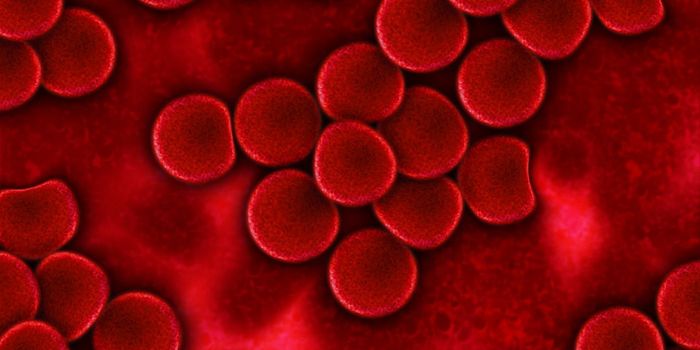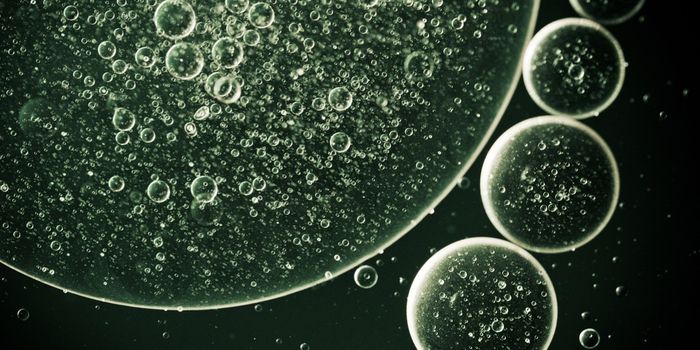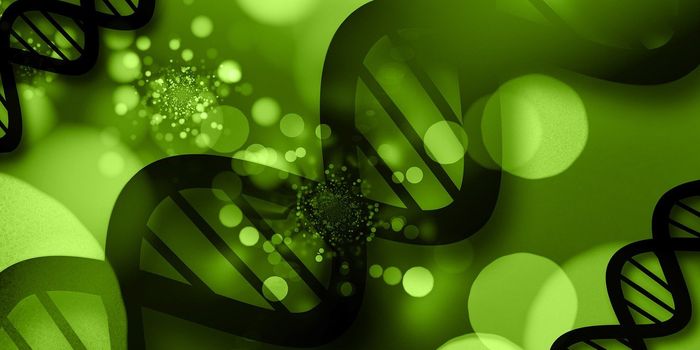Here’s another reason to listen to your mom’s advice to drink milk and play outside: scientists at the UC San Diego found that
higher vitamin D levels are associated with lower cancer risks overall.
The current study followed up on a scientific hunch that the co-author, Cedric Garland and his late brother, Frank Garland, made in the 1980s. Decades ago, they found an odd correlation of higher bowel cancer incidence in areas that received less sunlight due to the high latitude. Because sunlight is the main sources of vitamin D for humans, the pair hypothesized vitamin D deficiency could influence cancer rates in these regions.
Since then, other studies have further implicated low vitamin D to other cancers. Even so, the link has been debated, and experts still don’t agree on what the healthy recommended amount of vitamin D in blood should be. UC San Diego scientists, led by Robert Heaney, set out to analyze this link and determine the level of vitamin D would reduce overall cancer risks.
Vitamin D acts to help the body absorb calcium and block parathyroid hormone release; these processes help us maintain proper bone health. To measure vitamin D levels in the body, scientists quantified levels of 25-hydroxyvitamin D or 25(OH)D from the blood. They also used an unconventional method of analyzing two large sets of data: one from a clinical trial of 1,169 women, and another from a prospective study of 1,135 women.
In measuring the 25(OH)D in the blood for both groups, researchers found the women in the clinical trial had a median of 30 ng/ml, while those in the prospective group had a median of 48 ng/ml. Then they analyzed the cancer incidence of the two groups and found the clinical group (lower vitamin D levels) had a higher incidence rate of cancer than the prospective group (higher vitamin D levels). Specifically, the lower vitamin D group had 1,020 cases of cancer per 100,000 person-years, compared to 722 cases of cancer per 100,000 person-years in the higher vitamin D group.
They also found that women whose vitamin D levels were 40 ng/ml had a 67 percent cancer risk reduction, compared to those whose levels were at 20 ng/ml or lower.
"We have quantitated the ability of adequate amounts of vitamin D to prevent all types of invasive cancer combined, which had been terra incognita until publication of this paper," said Cedric Garland, adjunct professor in the UCSD School of Medicine Department of Family Medicine and Public Health, and study co-author.
Though their work defines an inverse relationship for vitamin D levels and cancer risks, the team did not report on a recommended daily intake amount. According to the Institute of Medicine (IOM), levels lower than 12 ng/ml represented vitamin D deficiency, while levels above 125 ng/ml could be hazardous to health. Their 2010 recommendations are 20 ng/ml, which some have argued is too low and should be increased to 50 ng/ml.
"These findings highlight the importance for cancer prevention of achieving a vitamin D blood serum concentration above 20 ng/ml, the concentration recommended by the IOM for bone health," Garland said. However, the results indicate that levels higher than 40 ng/ml seem to be the level at which lowered cancer risks can be quantified.
"Primary prevention of cancer, rather than expanding early detection or improving treatment, will be essential to reversing the current upward trend of cancer incidence worldwide. This analysis suggests that improving vitamin D status is a key prevention tool,” the team wrote.
Additional source:
UCSD press release









